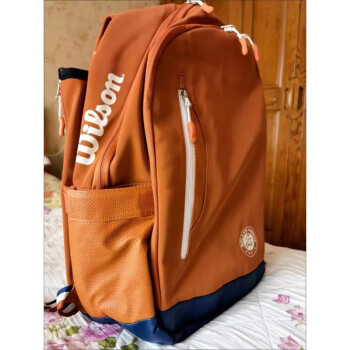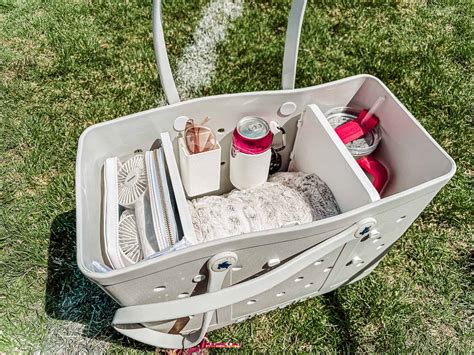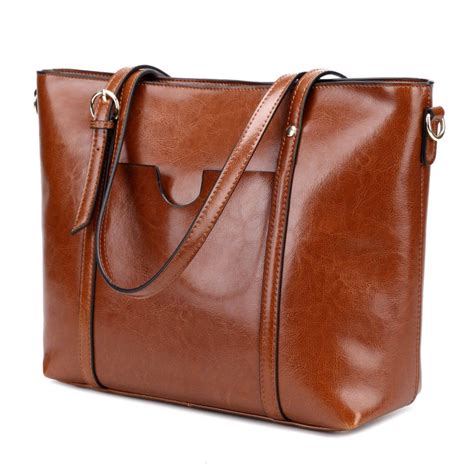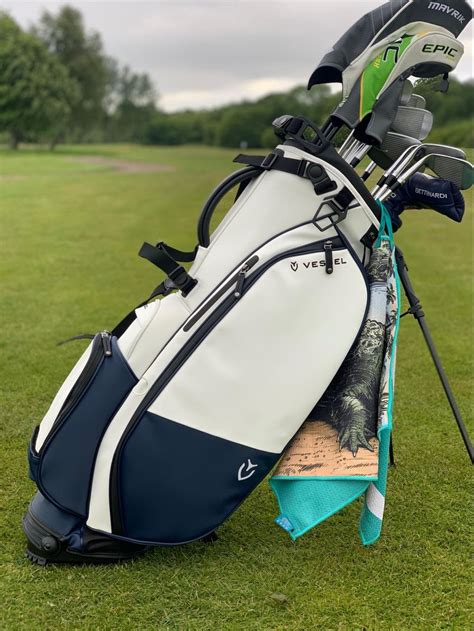la gift show woman arrested for selling fake designer bags | long island woman arrested
$260.00
In stock
Long Island Woman, Owner of Linny's Boutique, Faces Trademark Counterfeiting Charges After Two-Year Investigation
The glitz and glamour often associated with the LA Gift Show and the world of high-end fashion have been tarnished by a recent arrest in Long Island. Lindsay Castelli, a 31-year-old woman, found herself on the wrong side of the law on October 7th, facing a charge of trademark counterfeiting. The arrest stems from a lengthy investigation into her boutique, Linny's Boutique, located at 1032 Old Country Road, which police allege was a hub for the sale of counterfeit designer handbags. The case highlights the pervasive issue of counterfeit goods infiltrating the market and the ongoing efforts of law enforcement to combat this illegal trade. This article will delve into the details of the case, exploring the allegations against Castelli, the specifics of the investigation, the implications of trademark counterfeiting, and the broader context of the counterfeit goods market.
The Allegations Against Lindsay Castelli and Linny's Boutique
The central allegation against Lindsay Castelli revolves around the assertion that she knowingly sold counterfeit designer handbags at her boutique, Linny's Boutique. According to police reports, the investigation was initiated in April 2021 following complaints and tips suggesting that the boutique was dealing in fake designer goods. Trademark counterfeiting, the charge Castelli faces, is a serious offense that involves the unauthorized use of a registered trademark on goods that are intended to deceive consumers into believing they are purchasing genuine products.
The specific brands allegedly being counterfeited at Linny's Boutique have not been officially released, but typically, counterfeiters target well-known and highly sought-after brands like Chanel, Louis Vuitton, Gucci, Prada, and Hermes. These brands command premium prices, making them attractive targets for counterfeiters who can produce inferior imitations and sell them at a fraction of the cost, reaping significant profits while deceiving unsuspecting customers.
The prosecution will likely need to demonstrate that Castelli was aware that the handbags she was selling were not genuine. This could involve presenting evidence such as:
* Expert Testimony: Hiring experts in luxury goods authentication to examine the handbags seized from Linny's Boutique and definitively identify them as counterfeits. These experts can point out discrepancies in materials, stitching, hardware, and overall construction that distinguish the fakes from authentic products.
* Witness Testimony: Gathering testimony from customers who purchased handbags from Linny's Boutique and believed they were buying genuine designer items. These customers could testify about the representations made by Castelli or her employees regarding the authenticity of the goods.
* Undercover Operations: Utilizing undercover officers or investigators to purchase handbags from Linny's Boutique and document the sales process, including any claims made about the bags' authenticity.
* Financial Records: Analyzing Linny's Boutique's financial records to identify suppliers and trace the source of the handbags. This could potentially lead to the discovery of links to known counterfeit manufacturers or distributors.
* Communications: Examining emails, text messages, or other communications between Castelli and her suppliers or customers that might shed light on her knowledge of the bags' authenticity.
The burden of proof rests on the prosecution to establish beyond a reasonable doubt that Castelli knowingly engaged in trademark counterfeiting. The defense, on the other hand, may argue that Castelli was unaware that the handbags were fake, that she was herself a victim of deception by her suppliers, or that the handbags in question were not, in fact, counterfeit.la gift show woman arrested for selling fake designer bags
The Two-Year Investigation: A Deep Dive into the Operation
The fact that the investigation into Linny's Boutique spanned nearly two years suggests a meticulous and comprehensive effort by law enforcement. Such a lengthy investigation is not uncommon in cases involving intellectual property crimes, as they often require extensive evidence gathering, analysis, and coordination with trademark holders.
Several factors likely contributed to the extended duration of the investigation:
* Surveillance: Police may have conducted surveillance of Linny's Boutique to observe its operations, monitor customer traffic, and gather evidence of potential illegal activity.
* Evidence Collection: Collecting and analyzing evidence, such as handbags, receipts, and financial records, can be a time-consuming process, especially when dealing with a large volume of items.
* Expert Consultation: Consulting with experts in luxury goods authentication and trademark law can be necessary to build a strong case.
* Coordination with Trademark Holders: Working with the trademark holders of the allegedly counterfeited brands is crucial to establish the authenticity of the trademarks and the extent of the infringement. Trademark holders often provide expert assistance in identifying counterfeit goods and assessing the damages caused by the infringement.
* Undercover Operations: As mentioned previously, undercover operations can be a valuable tool in gathering evidence, but they require careful planning and execution.
The length of the investigation also suggests that the police may have been attempting to identify the source of the counterfeit handbags. Tracing the supply chain is a critical aspect of combating trademark counterfeiting, as it can help to disrupt the illegal trade at its source. This may involve investigating suppliers, distributors, and even manufacturers located both within and outside the United States.
The Implications of Trademark Counterfeiting: A Deeper Look
Trademark counterfeiting is not a victimless crime. It has significant economic, social, and even security implications.
Additional information
| Dimensions | 7.1 × 1.9 × 3.3 in |
|---|







